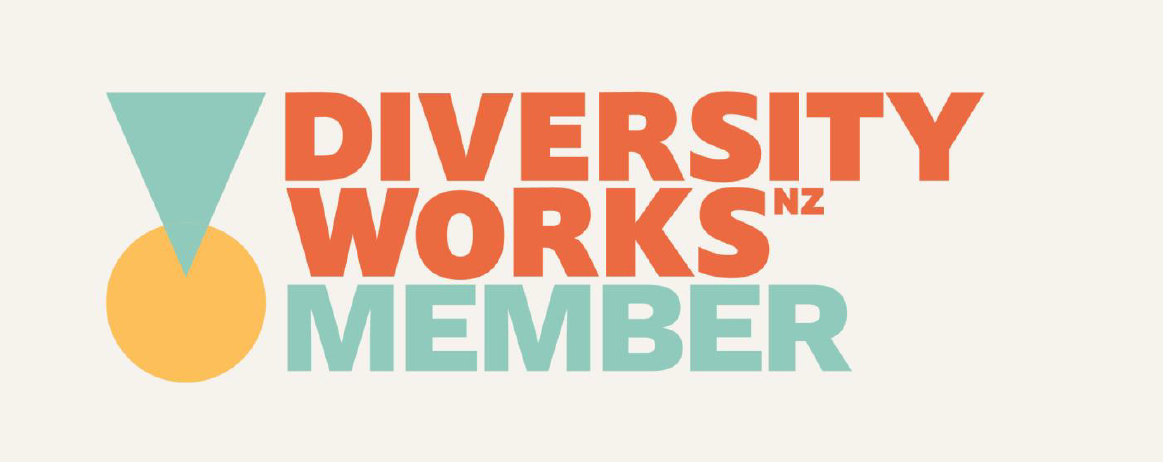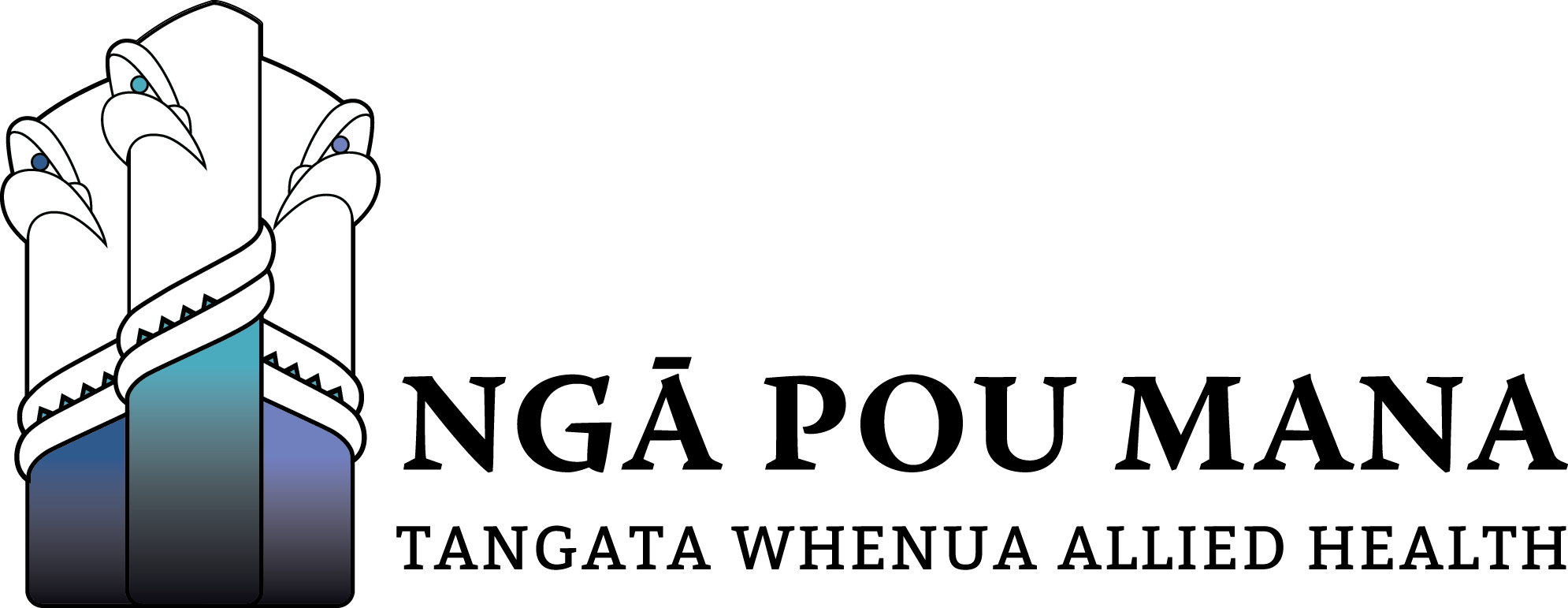As we age, we don’t have to grind to a stop.
Throughout our lives, movement helps us stay well and mobile.
According to the National Institute of Ageing Director, Robert Butler:
“If exercise could be packaged into a pill, it would be the single most widely prescribed and beneficial medicine. All of us would take it for longevity as well as for the health-related quality of life benefits.”
The ageless benefits of exercise
The benefits of exercise are not limited to certain age-groups.
Exercise improves strength, mobility, flexibility, endurance, balance, fitness, weight management, and physical and mental wellbeing for everyone.
For people over 65
For people aged 65 and over, exercise or physical activity has been demonstrated as important for increased life expectancy, as well as reduced rates of falls and fractures.
Additionally, exercise is similar or better than medication in reducing severity of chronic diseases.
Where there is a lack of moderate to vigorous exercise or physical activity, with large amounts of time sitting, there is higher risk of poor health.
These include high blood pressure, heart attacks, stroke, diabetes (type 2), some types of cancer, as well as to delay onset of dementia.
Furthermore, active older populations demonstrate improved function in some chronic diseases such as heart and vascular diseases, chronic obstructive lung disease, diabetes (type 2), depression, osteoarthritis, and obesity.
Some other effects of increasing exercise or physical activity in older populations includes seeing improved quality of life, cognitive function, and social and emotional wellbeing.




